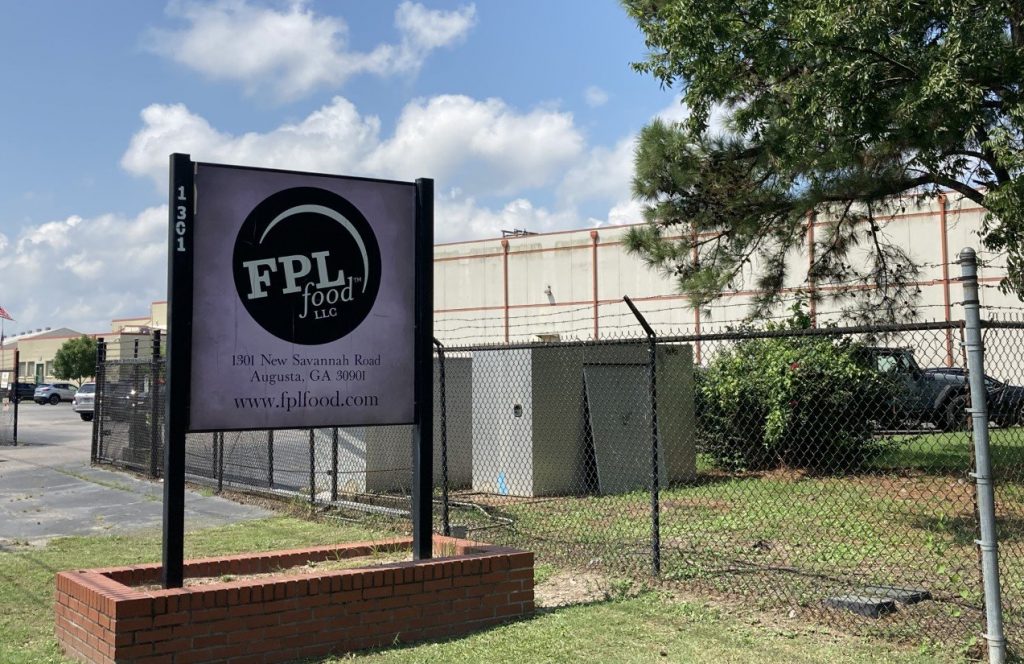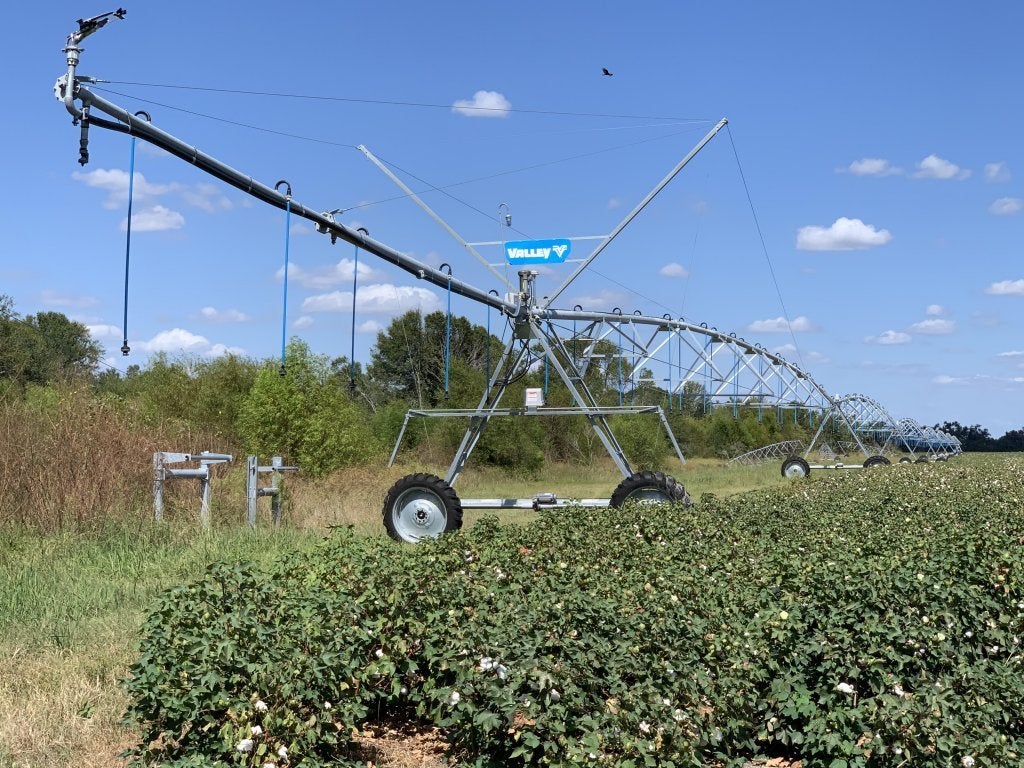The Freedom to Farm bill that had stalled in the Georgia General Assembly for two years has passed the House and is now going through the committee process in the Senate.
Billed as a measure to “keep farmers on their tractors and out of the courtroom,” the legislation makes it harder for residents to sue farmers over nuisances such as the odors emanating from livestock production, according to the bill’s sponsor, House Agriculture and Consumer Affairs Committee Chairman Robert Dickey of the 140 House district. It passed the House on March 3.
State Sen. Lee Anderson (R-Grovetown) supports the Republican sponsored bill and says that it replaces a bill enacted to law in 1989 if passed by the Senate. According to Anderson, residents who live near chicken and pig farms as well as meat processing plants have one year to prove that the farming operation is a nuisance.
[adrotate banner=”71″]
“It also says that if the farm was there first and a new development is built, then the farmer is protected because he was there first,” Anderson, who is a farmer, said.
However, that statement may not be true. The original 1989 bill did protect small farmers from new residential developments being built near their land, but all of the language pertaining to urban sprawl has been stricken from the current version.
In fact, there is no language in the bill that prevents a small farming operation from expanding into an industrial farm and encroaching on neighboring developments.
Savannah Riverkeeper Tonya Bonitatibus says the bill is a wolf in sheep’s clothing and that it could actually harm small farmers by allowing giant agribusiness to expand across Georgia.
The bill opens up the door for major meat processing firms such as Augusta’s FPL Foods to expand while doing nothing to protect the small farmer, Bonitatibus says.
According to Bonitatibus, if residents are not able to prove their nuisance case within a year, then the company becomes immune to further complaints and points to FLP as an example.
“Even though they have been cited many times, they can’t seem to manage the smells and they want to expand operations, this bill would give them the green light,” Bonitatibus said.
Local meat processing plant FPL Foods is slated for a renovation including odor-reducing equipment, but neighbors living near the plant aren’t convinced the renovations will do anything to help.

“The smell is awful, and during Masters’ week, it’s embarrassing. Our poor renters said something about it last year,” said Nikki Leigh Daniel, a resident who voiced concern about the smells emanating from the facility located at 1301 New Savannah Road.
Indeed, the smells from FPL Foods, formerly known as Shapiro’s, currently waft into downtown Augusta during hot and humid days and blanket the area with the noxious odors.
The bill does waive the legal restrictions “when a nuisance results from the negligent, improper, or illegal operation of any such facility or operation.” However, Bonitatibus says that that language does not go far enough as meat packing plants routinely dump the byproducts of meat processing as “fertilizer” on neighboring farmland to avoid paying much higher landfill rates.
[adrotate banner=”15″]
“Animal fat and oils are not fertilizer. In fact, the hay that is produced on land has been used as a dumping ground can’t be used to feed livestock. All of that hay has to be sold to the state DOT to be used near road construction,” Bonitatibus said.
The practice of dumping animal byproducts is also bad for the environment as the fats and oils do not evaporate but leech into the groundwater or is washed into creeks and other waterways, according to Bonitatibus.
“There is already a good law on the books and the fact small farmers are almost never sued as being a nuisance means the current law is working,” Bonitatibus said.
Scott Hudson is the senior reporter for The Augusta Press. Reach him at scott@theaugustapress.com











